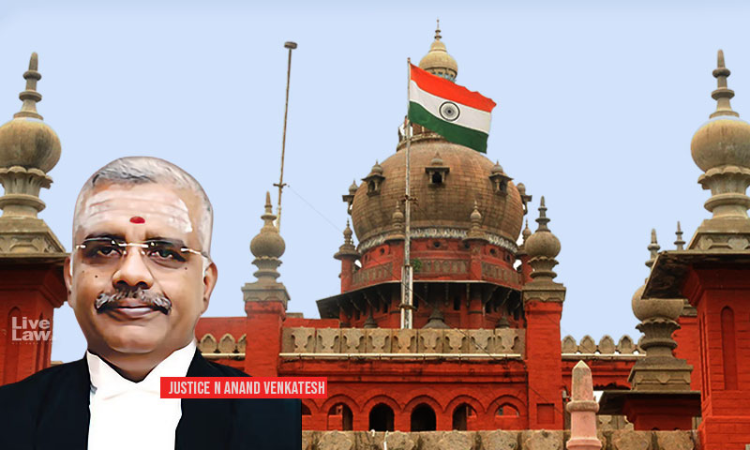Cross-Objections To Adverse Findings Not Necessary When Decree Is Entirely In Favour Of Such Party: Madras High Court
Upasana Sajeev
29 April 2022 10:21 AM IST

Such adverse findings can be challenged in the appeal filed by the other party, it said.
Next Story


